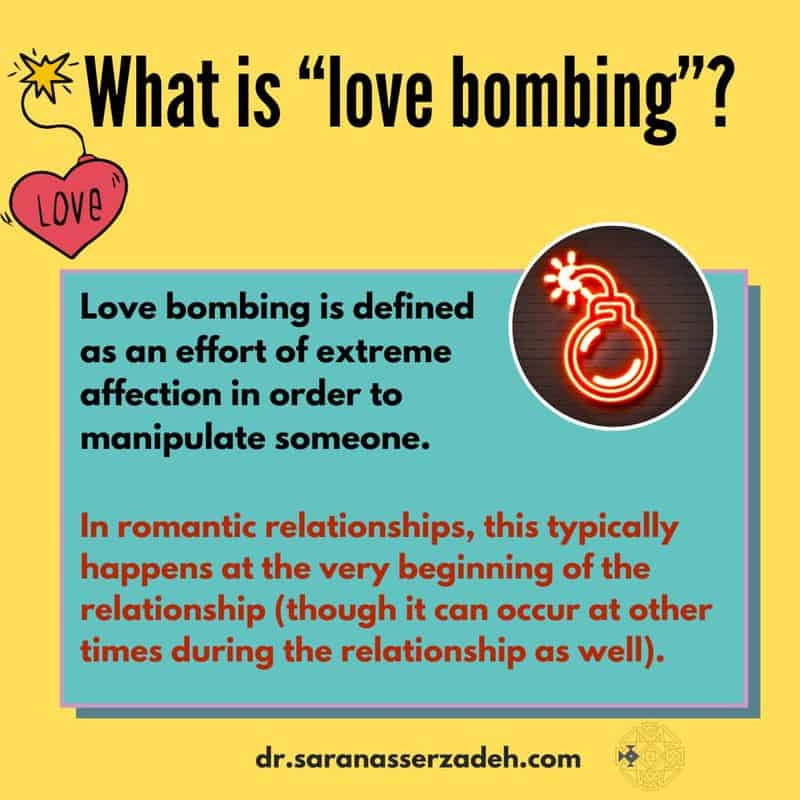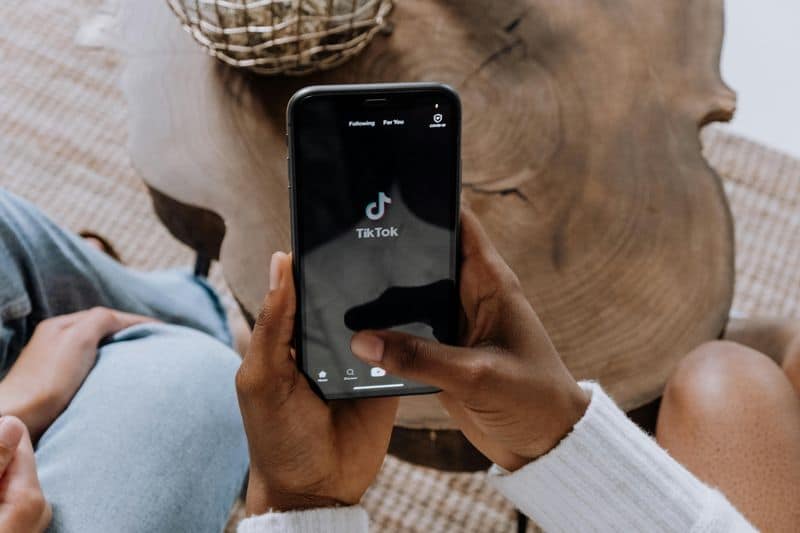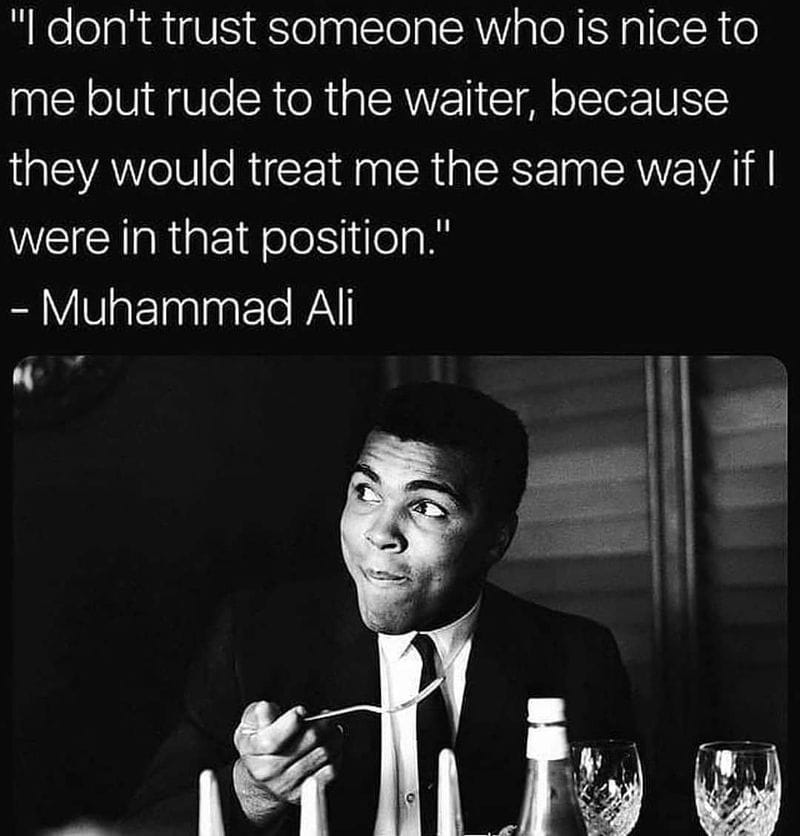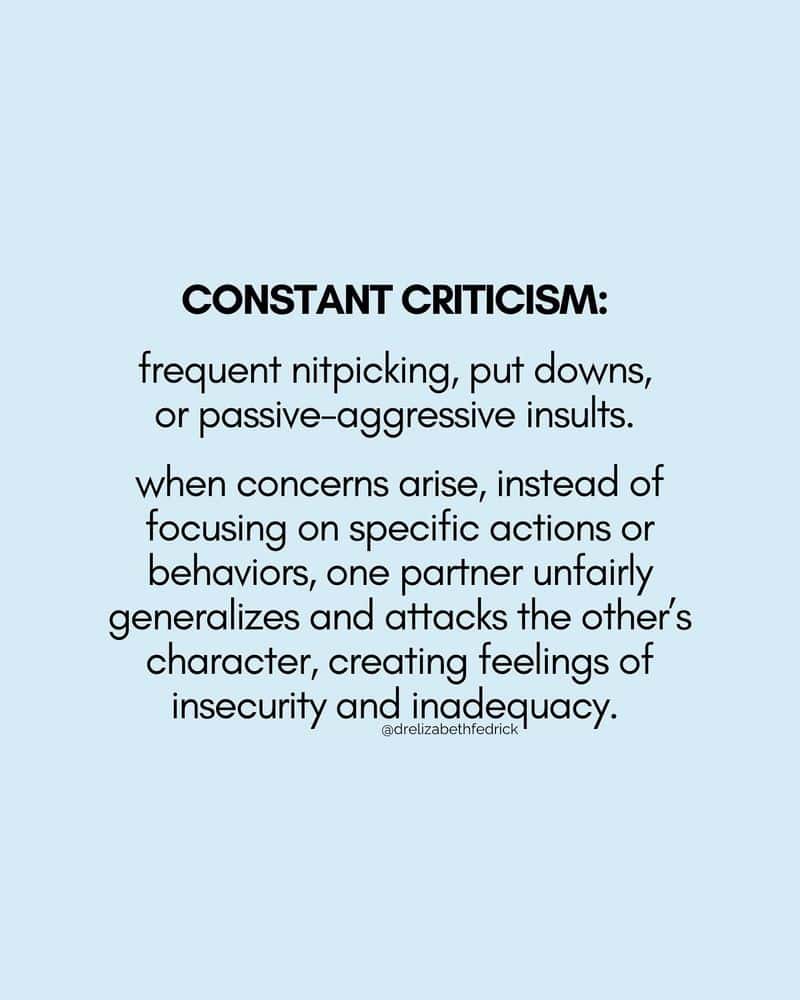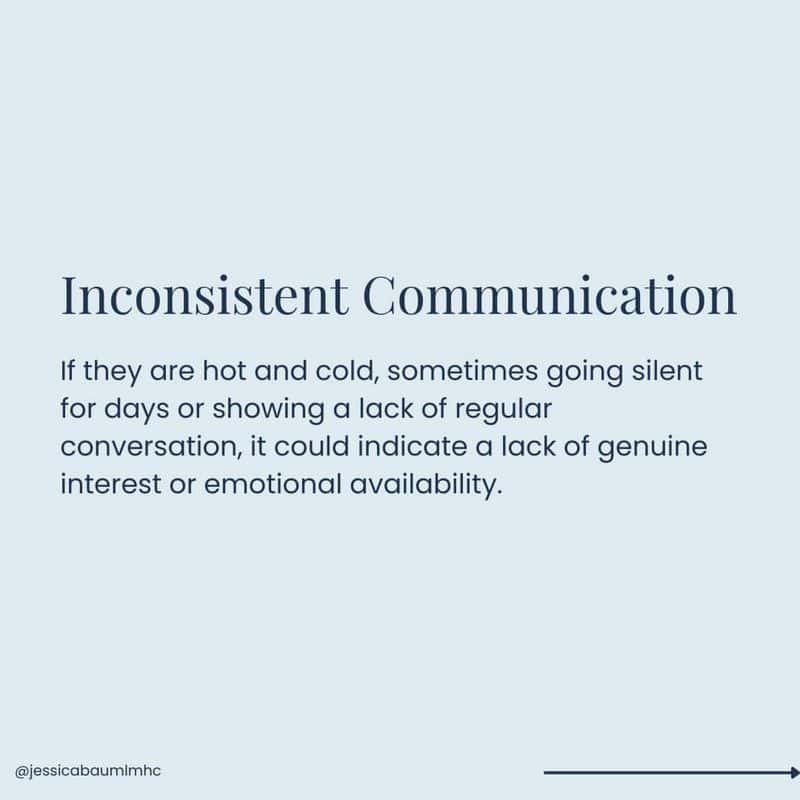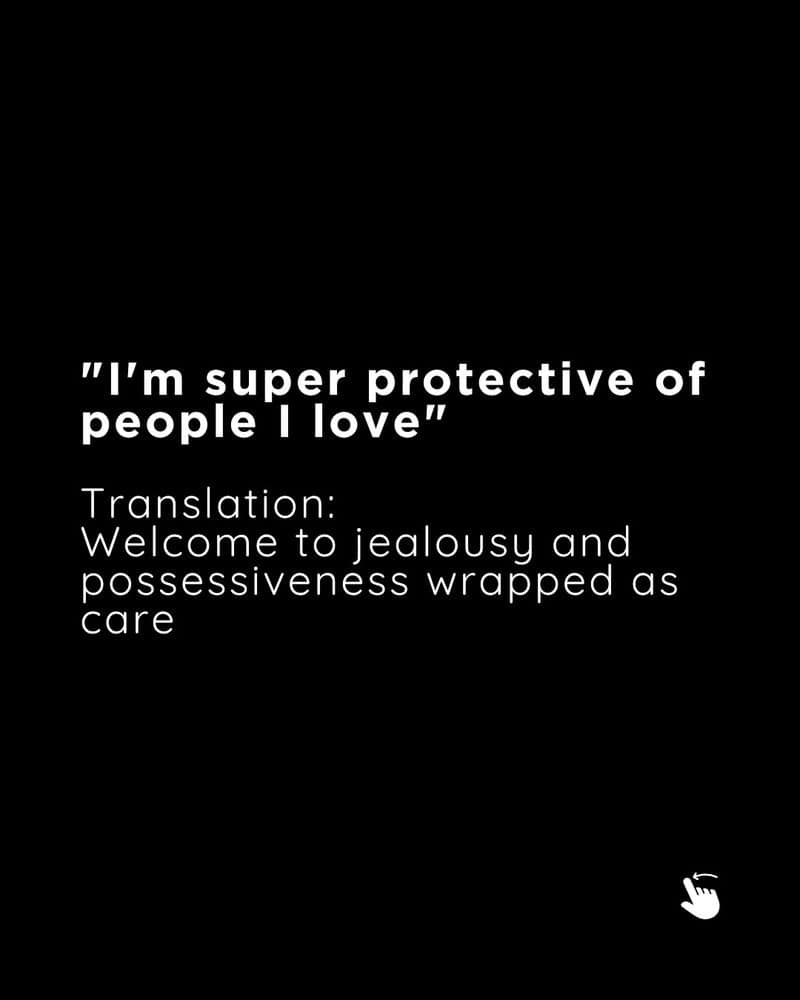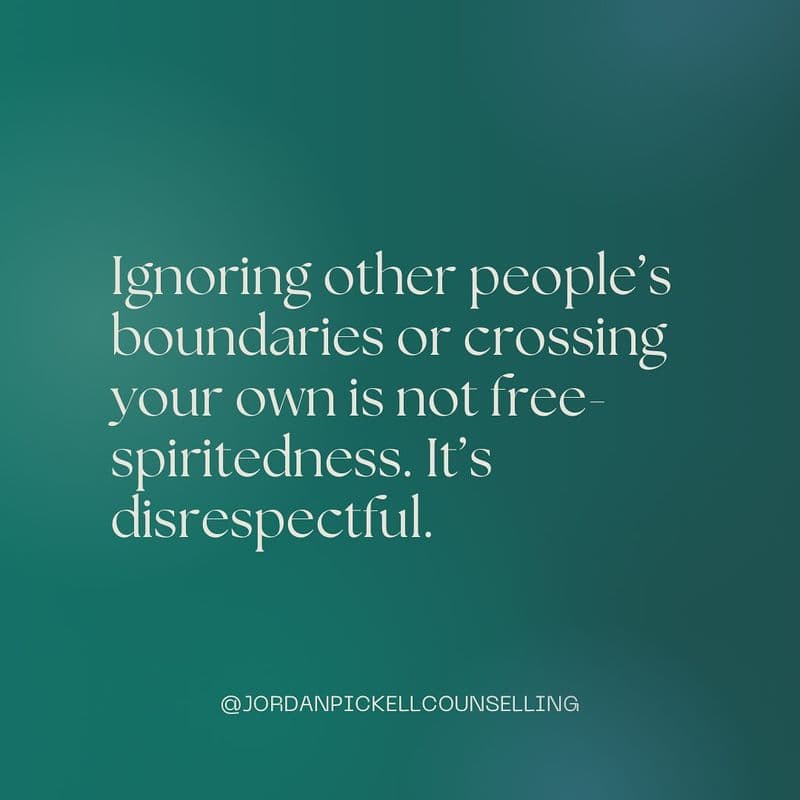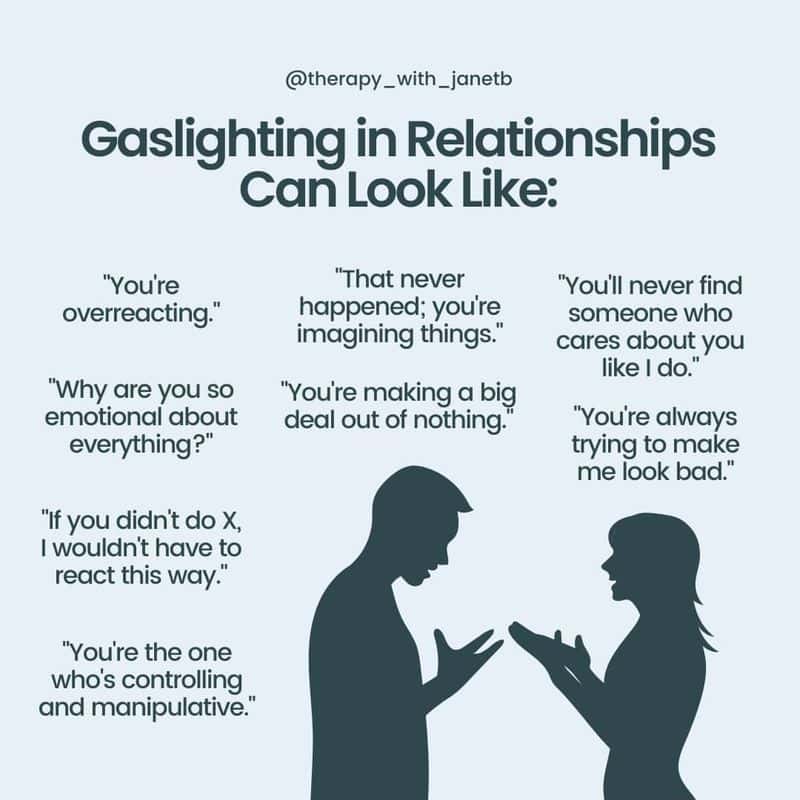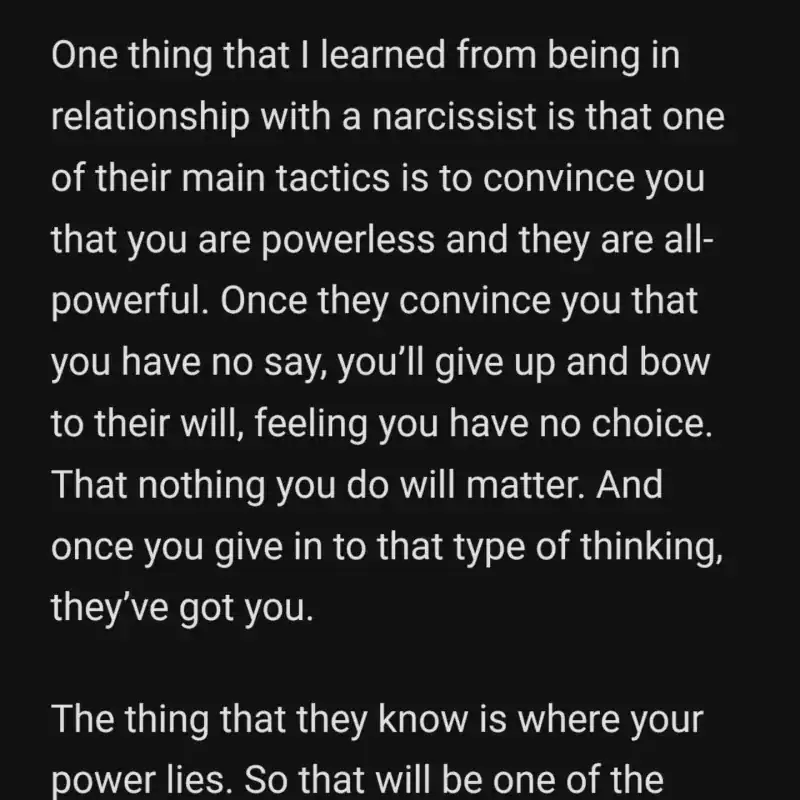Dating in the digital age comes with its own set of challenges. While finding love has never been easier with dating apps and social media, spotting the warning signs of an unhealthy relationship can be tricky.
Many young adults brush off concerning behaviors that could signal bigger problems down the road. Let’s look at some relationship red flags that Gen Z often misses.
1. Love Bombing Isn’t True Romance
Getting showered with excessive affection and grand gestures right from the start feels amazing. Your new partner sends flowers daily, texts constantly, and already talks about your future together—after just two weeks of dating.
This intensity isn’t romance—it’s a manipulation tactic called love bombing. Genuine relationships develop gradually with natural ups and downs. When someone rushes intimacy and commitment, they’re often laying groundwork for control.
Pay attention if they get upset when you need space or seem more invested in the idea of you than the real person. Healthy love grows at a comfortable pace without pressure or rushing.
2. Digital Connection Over Real-Life Intimacy
Your partner seems more interested in capturing the perfect Instagram moment than actually enjoying your date. They’re constantly checking likes while you’re trying to have a meaningful conversation. The relationship exists more online than in real life.
Social media obsession creates a false reality where appearances matter more than authentic connection. When someone prioritizes their online persona over quality time with you, they’re showing what truly matters to them.
A healthy relationship thrives on present, engaged interactions—not just content for followers. Watch for partners who seem more invested in how your relationship looks than how it feels.
3. Avoiding Conversations About Tomorrow
Bringing up future plans sends your partner running for the hills. Whether it’s next month’s concert or meeting your family, they dodge commitment conversations with practiced skill. They live entirely in the moment—which sounds romantic until you realize they never include you in their vision of next week.
Someone who changes the subject when you mention the future isn’t just spontaneous—they’re showing you their intentions. Future-avoidant behavior signals they don’t see you in their long-term plans.
Healthy partnerships involve shared dreams and goals, even if they’re just small upcoming plans. A partner worth keeping makes room for you in their tomorrows, not just their todays.
4. Rude to Waiters, Sweet to You
Your date charms you with compliments and attentiveness, then snaps at the server for a minor mistake. The contrast is jarring—they’re Dr. Jekyll with you and Mr. Hyde with everyone else in the service industry.
How someone treats people they perceive as “beneath them” reveals their true character more than how they treat you during the honeymoon phase. Disrespect toward service workers shows a concerning pattern of conditional kindness based on what others can provide.
Remember: eventually, their treatment of others will extend to you when the initial excitement fades. A genuinely good person shows consistent respect regardless of someone’s role or status.
5. Criticism Disguised as ‘Helping’
“I’m just trying to help you improve” becomes their excuse for picking apart everything from your clothing to your career choices. The occasional suggestion has morphed into a constant stream of critiques that leave you second-guessing yourself.
Partners who habitually find fault aren’t showing tough love—they’re gradually eroding your confidence. Healthy relationships build you up rather than tear you down. A loving partner celebrates your uniqueness instead of trying to “fix” you.
Notice if you’re constantly apologizing or feeling not good enough. That uncomfortable feeling in your stomach when they start sentences with “You should really…” is your intuition warning you something’s wrong.
6. Hot-and-Cold Communication Patterns
Monday they’re blowing up your phone with heart emojis. Tuesday they’re mysteriously unreachable. By Wednesday, they’re back with excuses about being “crazy busy” but offering no real explanation for the disappearing act.
Inconsistent communication isn’t about having a busy schedule—it’s about inconsistent interest and respect. Someone who truly values you makes reliable contact a priority, even during hectic times. Brief messages like “Swamped today, will text tonight” take seconds but show consideration.
This rollercoaster of attention creates anxiety and insecurity by design. You deserve someone whose presence in your life is dependable, not someone who treats communication like an optional game.
7. Jealousy Packaged as Protection
“I just worry about you” sounds caring until you realize it’s their excuse for checking your location, questioning friendships, and scrolling through your messages. Their jealousy wears a convincing disguise of concern for your safety or wellbeing.
Genuine protection empowers rather than restricts. True care means trusting your judgment and respecting your independence. When jealousy masquerades as protection, it’s actually about control and insecurity.
Healthy relationships have clear boundaries and mutual trust. If explaining innocent interactions with others feels like walking through a minefield, or if you’re editing your behavior to avoid their suspicion, you’re experiencing control—not care.
8. Selective Boundary Respect
You’ve clearly stated your boundaries—maybe about needing alone time, physical intimacy limits, or certain topics you’re not ready to discuss. Yet somehow, these lines keep getting crossed with charming persistence or subtle pressure that makes you feel guilty for having boundaries at all.
Someone who genuinely respects you accepts your boundaries without negotiation or punishment. They don’t make you feel dramatic or difficult for having personal limits. Boundaries aren’t challenges to overcome—they’re expressions of self-respect that deserve acknowledgment.
Notice if your “no” is treated as the starting point for convincing you to say “yes.” True connection happens within mutually respected boundaries, not by pushing past them.
9. Reality-Twisting Conversations
“That never happened” or “You’re overreacting” become frequent responses when you bring up legitimate concerns. After these conversations, you find yourself apologizing even though you were the one who was hurt.
Gaslighting makes you question your own perception and memory. This subtle form of emotional manipulation leaves you feeling confused and dependent on their version of reality. The uncertainty creates a power imbalance where you increasingly rely on them to interpret situations.
Trust your gut feeling when something feels off. Writing down incidents as they happen can help you maintain clarity when someone tries to rewrite history. Your experiences and feelings are valid, regardless of someone else’s denial.
10. Discouraging Your Growth and Interests
Your excitement about a new hobby, friendship, or career opportunity is met with subtle discouragement rather than support. “Why waste time on that?” or “I thought we’d spend that day together” make pursuing your interests feel like a betrayal of the relationship.
Partners who truly care about you cheer for your development, even when it doesn’t directly benefit them. They understand that personal growth strengthens rather than threatens your connection. Someone who loves you wants you to become your best self.
Be wary of relationships that feel smaller rather than larger—where your world gradually shrinks to accommodate their comfort. Healthy love expands your life’s possibilities instead of limiting them to maintain dependence.


